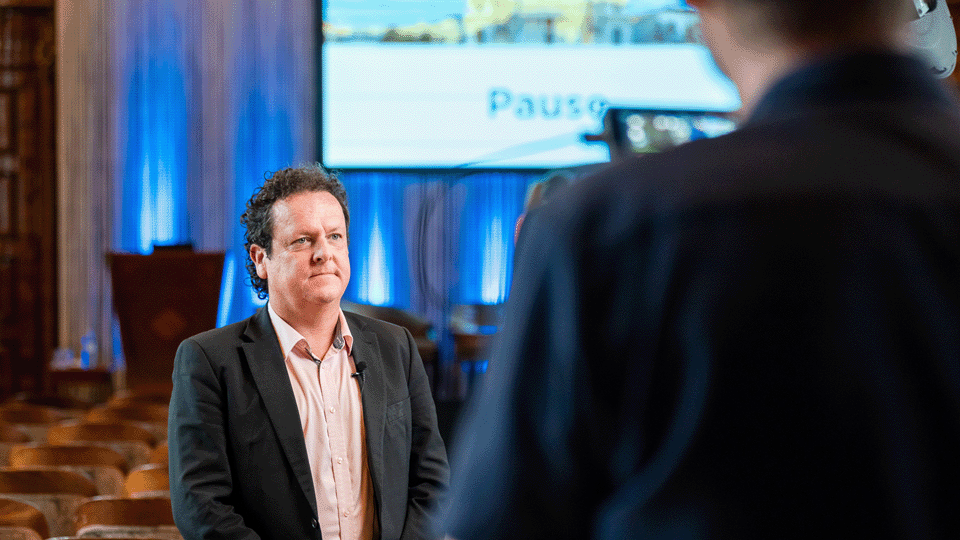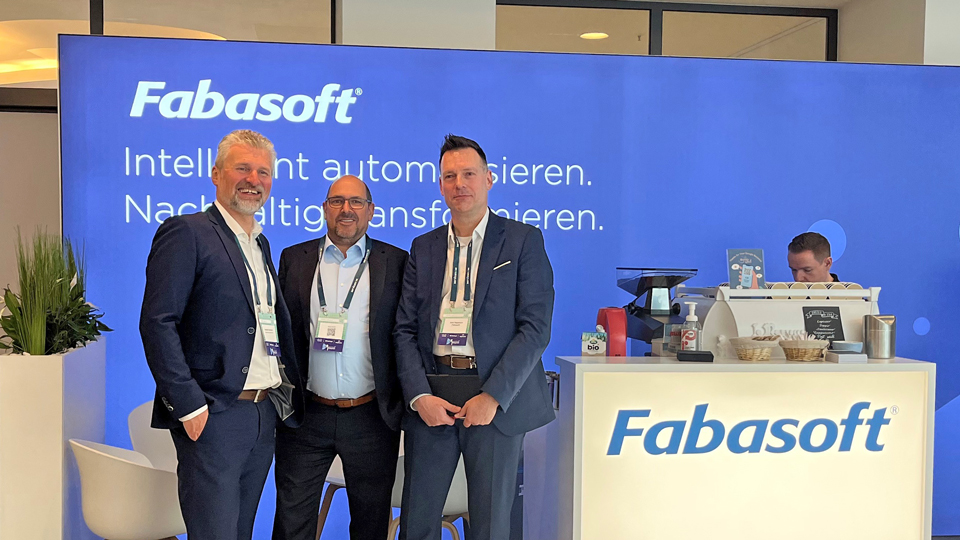The public sector is currently dealing with issues such as the wave of retirements resulting from demographic change and citizens' increasing expectations of efficient administration. To what extent are digital transformation and intelligent automation helping to overcome these challenges?
In Carinthia, around 40% of employees will retire in the next five years. Consistent digitalization and a rethinking of existing processes are essential to cushion this personnel deficit and the loss of expertise.
A key step is the transfer of process responsibility from the IT department to the individual specialist departments, which have very different responsibilities. Those responsible then have the task of first visualizing the processes and then optimizing them together with the digitalization experts from the IT department. In this way, we create the basis for intelligently automating processes.
Where is automation particularly helpful in public administration and what specific benefits does it bring?
The enormous potential of automation is particularly evident in funding processes. Activities that were previously carried out manually can be digitalized almost end-to-end - from application to approval. The automation of routine tasks provides significant support for clerks and enables time savings of 50 to 80%, depending on the funding process. This allows employees to use their expertise in a targeted manner and focus on their core tasks. And the benefits for the population are also obvious: the significant acceleration of processes means that funding processing times, currently up to six months, are significantly reduced.
In which areas does the state of Carinthia already rely on digital processes and automation?
One example of this is the digital funding process for solar systems and solar storage systems, which will start in January 2025. Thanks to the use of Done! on Fabasoft eGov, 90% of this process is automated; the only thing that clerks have to do is manually check the uploaded invoices and the calculation basis. This shows just how efficient automation can be. This process serves as a model for the specialist departments for testing further process automation in the future.
Why did you decide to use Fabasoft Done! in Carinthia and what are your experiences so far?
The state of Carinthia has been using the ELAK - the electronic file - based on the Fabasoft eGov-Suite for many years. The ELAK is a core application in the state government and the extension with Done! on Fabasoft eGov fits in seamlessly. The software offers all the necessary functions and ideally fulfills the requirements for process control. Technical expertise is required to implement it as originally planned. One example of this is the solar promotion process mentioned above: it does not run exclusively via the ELAK, but also includes other databases, which makes the use of Done! more demanding. Our experience so far has been extremely positive, and we are very confident that the benefits will also become apparent when the system goes live.
Can you use a specific use case to explain the benefits of automation with Done! for the population and companies?
In practice, the automation of funding applications significantly reduces processing times and therefore the use of human capital. Instead of six employees in the processing department, two will be enough to handle funding processes in future. The freed-up capacity can be used for important activities in other areas and tasks. Automation therefore offers a win-win situation: on the one hand, the population and companies benefit from shorter processing times and faster decisions, while on the other, the administration can deploy its resources in a more targeted manner.
What is the future of process automation and AI technology in Carinthia?
Carinthia is a pioneer in the introduction of its own local “on-premises” AI technology. This AI is constantly being expanded and connects various software systems to it. The local AI complements Done! on Fabasoft eGov by providing support for document verification. One future area of application for the AI is, for example, checking the authenticity of a citizen's proof of identity during upload and, if necessary, requesting a correction before the application is sent for further processing. This also applies to documents that are not machine-readable, as applicants only take a photo of them. This AI pre-check therefore ensures that the applications are complete and error-free right from the start, which makes the entire process more efficient.
Where do you see further potential for the use of AI and automation in administrative processes in the future?
Funding processes still offer the greatest potential. However, valuable resources can also be saved through partial automation in more complex projects, such as housing subsidies. Full automation is not feasible here, but even a reduction in routine activities will make things much easier and reduce the workload for the administrative staff. AI-supported processes provide support in many respects, but the final decision is always in the hands of the experts. Human expertise is and remains indispensable and irreplaceable.
How do you assess the impact of digitalization and automation on recruitment in public administration?
As a result, the public sector has become much more attractive as an employer. In addition to job security, employees see that they are contributing to something forward-looking here and that the fields of activity are broader and more challenging. Digitalization is essential for the state of Carinthia in order to make the administration fit for the future. We are therefore well on the way to mastering the current challenges.




